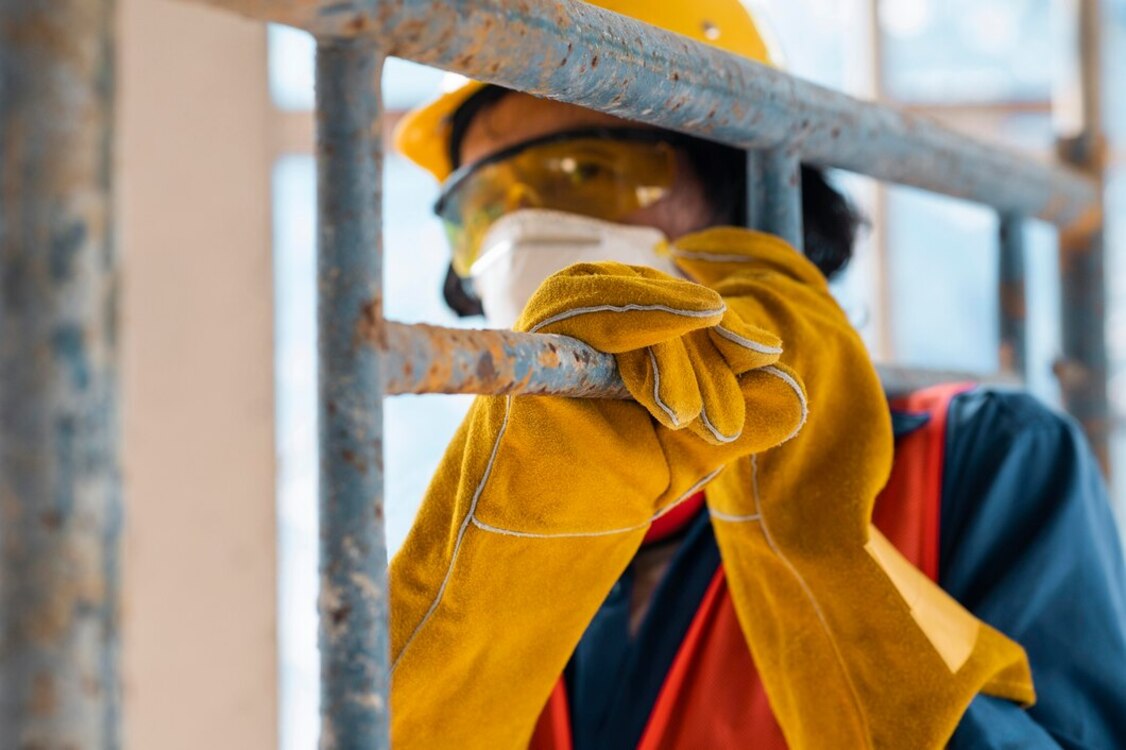Scaffolding maintenance is critical for ensuring construction safety. Regular scaffolding upkeep prevents structural failures, minimizes safety risks, and ensures compliance with industry regulations. This article will highlight the importance of scaffolding maintenance and why it should be prioritized on every construction site.
1. Ensuring Stability and Safety on Construction Sites
Regular inspections play a crucial role in identifying weak components caused by weather exposure or heavy use. Addressing these issues ensures scaffolding remains stable, reducing the likelihood of accidents.
Additionally, neglecting checks can lead to unexpected collapses, compromising safety and causing financial loss. With proactive scaffolding maintenance, construction teams can mitigate risks effectively.
2. Safety Starts with Proper Scaffolding Care
The safety of workers depends significantly on the condition of scaffolding systems. Proper scaffolding care minimizes hazards like loose fittings or damaged parts, creating a safer workspace.
Moreover, educating workers to identify and report potential risks enhances overall safety. Combining maintenance routines with workforce awareness ensures a secure construction environment.
3. Maintenance and Compliance with Scaffolding Regulations
Consistent scaffolding maintenance ensures compliance with local and international safety standards. Properly maintained scaffolding meets regulatory requirements, protecting companies from fines and penalties.
Staying updated on safety regulations also reflects a company’s commitment to quality and worker safety, building trust with stakeholders.
Learn more about our scaffolding solutions
4. Extending the Lifespan of Scaffolding Systems
Activities like cleaning, lubrication, and rust prevention enhance the longevity of scaffolding systems. Proper storage, including protection from harsh weather conditions, further preserves equipment.
By focusing on regular scaffolding upkeep, construction managers save costs on frequent replacements, making it a cost-effective investment.
5. Maintenance Schedules Prevent Delays in Scaffolding Projects
Scaffolding maintenance schedules minimize downtime caused by faulty equipment, helping construction teams meet deadlines. Incorporating maintenance into project timelines ensures uninterrupted progress.
Proactive planning, including scheduling checks during non-peak hours, avoids unexpected delays and maximizes efficiency.
National Center for Biotechnology Information
Conclusion
Scaffolding upkeep is a crucial component of construction safety and efficiency. By prioritizing it, companies can ensure compliance, protect workers, and achieve project goals without unnecessary interruptions. In the long term, maintaining high standards of care builds a reputation for reliability in the competitive construction industry.



